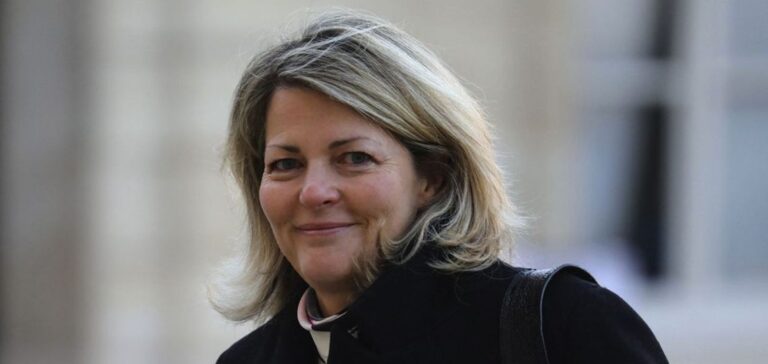The AMF (Autorité des marchés financiers) “will take the necessary time to examine in a very thorough manner” the takeover bid for EDF led by the State, said Wednesday its new president Marie-Anne Barbat-Layani, while the date of November 8 had been advanced for the decision of the AMF.
On October 4, the French government officially launched the process of its renationalization of EDF. Already holding 84% of its capital, it hopes to obtain, at the closing of the takeover bid, 90%, the threshold above which a squeeze-out procedure can be launched by the Stock Exchange to recover shares.
On Monday, shareholders of the energy company had asked the AMF to “suspend” its decision on the takeover bid expected on Tuesday 8 November “according to the indicative timetable of the draft offer”, believing that they had been harmed by the terms of the operation and in particular the price of 12 euros proposed for the purchase of each share.
They have also summoned EDF before the Commercial Court of Paris, where a summary hearing was held on Monday, with a view to a decision on Thursday.
On Wednesday morning, while no decision of the AMF on the subject has been rendered, its new president Marie-Anne Barbat-Layani indicated to Radio Classique that the authority would “take the necessary time to examine this offer and render a decision on its conformity”.
“There were dates that were given in an indicative manner, notably the date of November 8. The AMF will do its job, i.e. it will check the compliance of the offer. It is not the judge of the price, it is not the AMF that sets the price of the offer, but it will examine in great detail, since it is an important file, if all the conditions, in particular the counter-expertise on the price with an independent expert etc., have been respected”, said Mrs. Barbat-Layani, who has been head of the AMF since late October.
The shareholders who had asked the AMF to postpone its decision are mainly employees and former employees, united under the banner of the Fonds commun de placement d’entreprise (FCPE) actions EDF, which is associated with the shareholders’ association Energie en actions.
They are contesting the conditions under which the board of directors of the electricity company validated the said takeover bid and together represent about 1.5% of the capital, according to an official of Energies en actions.






















